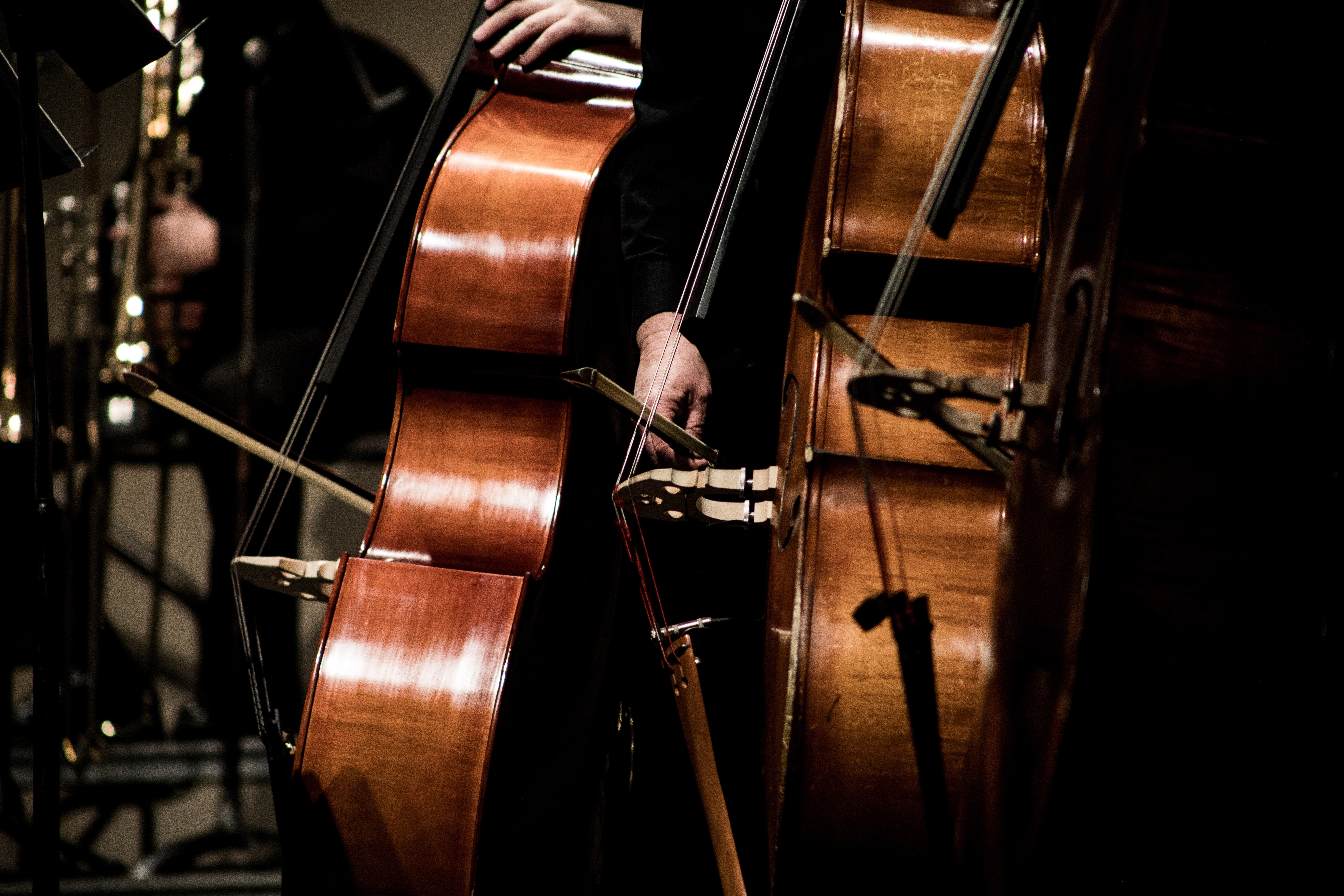Writer Joseph J. Airdo
Photography Courtesy of The Phoenix Symphony
[dropcap]H[/dropcap]ave you ever heard a piece of music only to be transported back in time to the very first moment that you experienced that particular song? If you have, then you are well aware of the vividness—and the power—of the echoic memory.
Andrew Lloyd Webber and Trevor Nunn may have been aware of it as well upon penning “Memory”—a song from the 1981 Broadway musical “Cats.” The production is the fourth-longest-running show in Broadway history. It has been performed around the world and translated into more than 20 languages. The tune, which is one of the most recognizable pieces from the Broadway songbook, has definitely played a significant part in the show’s success.
Although any piece of music—or sound for that matter—is capable of triggering our minds to recall a certain segment from our past, Phoenix Symphony conductor Stuart Chafetz believes that Broadway songs such as “Memory” are among the most powerful.
“It has the intensity to bring you back to exactly where you were the first time you heard that song,” Chafetz says.
Chafetz is counting on that phenomenon to propel audiences far beyond the confines of the auditorium during The Phoenix Symphony’s Broadway Celebration.
“There are going to be a half dozen or so times during the show where people are just going to want to jump up from their seats,” says Chafetz, noting that Broadway music has a tendency to make even the most restrained people suddenly want to sing and dance. “This music is infectious. It is going to be hard [for audience members] to contain themselves.”
The show, which has three performances May 31 through June 1 at Phoenix Symphony Hall, will feature a number of songs from some of the most popular productions that have graced the Great White Way over the years. Chafetz’s favorite selections include “I Dreamed a Dream” from “Les Misérables”; “Aquarius/Let the Sunshine In” from “Hair”; and “My Favorite Things” from “The Sound of Music.”
“There is something about that old school stuff that resonates with me because it was still orchestrated in full, and I appreciate that as an orchestra conductor,” says Chafetz, noting some of his other favorite pieces that will be performed include “A Whole New World” from “Aladdin” and “Supercalifragilistic” from “Mary Poppins.”
“It is just part of my DNA.”
The Phoenix Symphony’s Broadway Celebration is particularly special because the music will be performed by a full on-site orchestra, which has become somewhat of a rarity when it comes to the genre. Broadway pit orchestras have changed quite drastically over the years and now tend to be comprised of only about a dozen or so pit players. Additional musicians are in other rooms—or even other buildings altogether—with the sound being piped through auditorium speakers.
“When you have 65 or 70 musicians on stage, this velvet wash of sound comes across and it is just that much more exciting,” Chafetz explains. “It is just this wonderful waft of sound, and I have the best seat the house as the conductor.”
The orchestra will be accompanied by some of Broadway’s most acclaimed vocalists, including Kelli Rabke and Jessica Hendy. The show will also feature Scott Coulter, who serves not only as a vocalist, but also a narrator for the show to tie all of the musical pieces together into one cohesive story.
“I try to give the evening an arc and a story rather than just present a collection of songs,” Coulter says. “Show tunes are a special kind of celebration to begin with, and the best ones are those that celebrate life and it’s many possibilities. Music helps make the celebration possible.”
Coulter adds that “Tomorrow” from “Annie” and the title song from “Cabaret”—both of which will be performed during The Phoenix Symphony’s Broadway Celebration—include lyrics that encourage us to look for and celebrate the good that surrounds us.
Other musical pieces that will be performed include the title tunes from “The Phantom of the Opera” and “42nd Street”; “Part of Your World” from “The Little Mermaid”; “At the Ballet” from “A Chorus Line”; “This is the Moment” from “Jekyll and Hyde”; “Burn” from “Hamilton”; “The Impossible Dream” from “Man of La Mancha”; and three songs from “Wicked”—“Popular,” “For Good” and “Defying Gravity.”
Chafetz says that “Defying Gravity” is what they call in the theater world an “11 o’clock number”— a big, show-stopping song that occurs late in a show and carries a lot of weight. As a result of its significance, many musicians tend to interpret it differently, making it one of the more challenging pieces to conduct.
“There are a lot of tempo changes in [‘Defying Gravity’] and it has a lot of transitions,” says Chafetz, noting he takes special care to rehearse the tune thoroughly. “On Broadway, there are also a lot of synthesizers. When they orchestrate it for a concert performance, a lot of the synthesizer stuff gets translated into the woodwinds and percussion sections.”
Coulter believes songs like “Defying Gravity” offer us not only an escape from reality, but also a way to deal with it. He added that, as a child, Broadway music encouraged him to dream and gave him a way to make those dreams come true.
“There is a lot of great advice to be found in the lyrics of show tunes,” Coulter explains. “They can be very empowering. Look at this current generation of young people growing up knowing that they can ‘defy gravity.’ They are the grandchildren of the people who grew up learning ‘to dream the impossible dream.’ Musical theater is capable of changing lives through the stories it tells and the characters it chooses to present.”
Perhaps that is why audiences of all ages have so much love for Broadway music. Chafetz appreciates The Phoenix Symphony’s versatility to include the genre in its schedule of concerts.
“The Phoenix Symphony has focused on a well-rounded, variety of music from which to choose,” Chafetz explains. “And that is great because everybody loves something different. But everybody loves Broadway. I did not know until I started conducting just how much people love Broadway.
“It has affected a lot of people artistically but it is also a truly legitimate, truly American art form.
“Not to take away from Beethoven, Mozart, Mahler and Strauss—whom I adore—but that is all German, Austrian and Viennese. This is a real American phenomenon. It is part of our culture. It resonates with us as an art form of which we are all proud and to which we are all connected.”
Music
Phoenix Symphony’s Broadway Celebration
Friday, May 31–Saturday, June 1 | Phoenix Symphony Hall | 75 N. 2nd St., Phoenix | $25+ | 602-495-1999 | phoenixsymphony.org







Comments by Admin